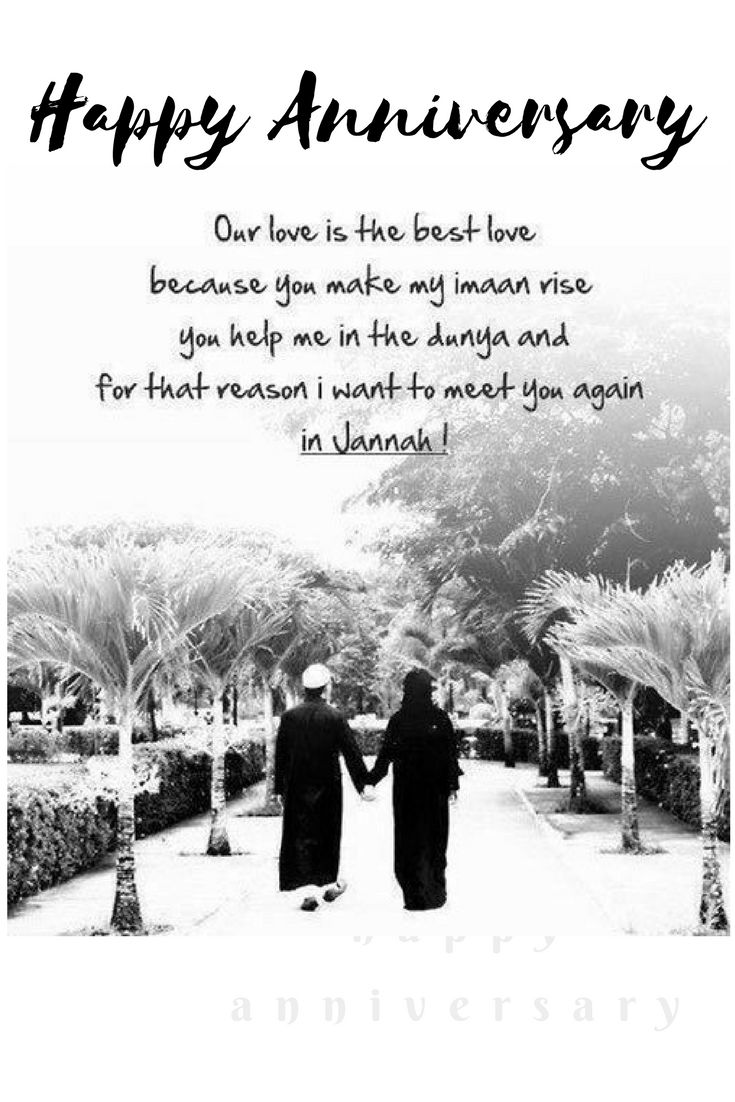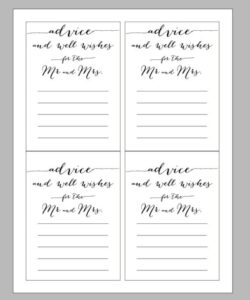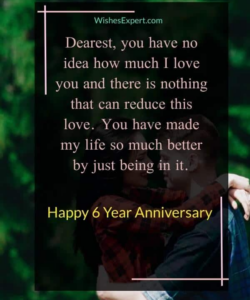As another year unfolds in the journey of marital bliss, it’s a moment to reflect, cherish, and celebrate the bonds of love and companionship. Islamic wedding anniversaries are not just a celebration of the time spent together but also a reaffirmation of the commitments made under Allah’s guidance. The tradition of sharing dua, or prayers, on this special occasion is a beautiful way to seek blessings and express heartfelt wishes for a spouse or a couple celebrating their love.
These dua wishes are more than mere words; they are a reflection of the deep-rooted faith and the shared values that form the foundation of an Islamic marriage. As we pen down dua wishes for wedding anniversaries, we delve into the essence of what makes these moments worth commemorating—faith, hope, and the eternal promise of growing together in life’s journey.

Embracing the Journey Together
The path of marriage is one filled with shared experiences, growth, and the intertwining of two souls. It’s a journey that is both personal and communal, where the couple not only supports each other but also moves forward with a shared vision. Islamic teachings emphasize the importance of companionship and mutual respect, which are the cornerstones of a successful marriage. Reflecting on these teachings during an anniversary can reinforce the bond and bring a renewed sense of purpose to the relationship.
Anniversaries are milestones that remind us of the initial spark that ignited the love between two people. It’s a time to reminisce about the beautiful memories created and the challenges overcome. Through dua, couples can express gratitude for the past and seek guidance for the future, ensuring that their relationship continues to flourish under the blessings of Allah.
It is also a time for families to come together, celebrating the union that has strengthened over the years. The dua for a wedding anniversary can include prayers for health, prosperity, and continued happiness, not just for the couple but for their loved ones as well. This collective prayer is a powerful way to unite everyone in a shared hope for the couple’s future.
As dua is recited, it’s a reminder that the couple is not alone on their journey. They are surrounded by the love of family, friends, and the ever-present grace of Allah. This spiritual support system is a source of strength and comfort as they navigate the years ahead.
Renewing Commitments and Love
With each anniversary, there’s an opportunity to renew the vows taken on the wedding day. It’s a chance to look back at the promises made and assess how they have been upheld. The dua serves as a beautiful means to recommit to those vows, seeking Allah’s help in fulfilling them for the years to come. It’s a reaffirmation of the dedication to one another and the shared values that have guided the marriage thus far.
Love in Islam is not just a fleeting emotion but a deep, nurturing bond that grows with time. It’s about patience, understanding, and forgiveness. Anniversaries are perfect occasions to celebrate this evolving love, and through dua, couples can pray for their love to deepen and mature as they face life’s trials and triumphs together.
The act of making dua on an anniversary is also a moment of introspection. It’s a time to reflect on personal growth and the ways in which each partner has contributed to the other’s happiness and well-being. This reflection can lead to a deeper appreciation of the relationship and a stronger commitment to supporting each other’s dreams and aspirations.
Ultimately, the dua for a wedding anniversary is a heartfelt plea for continued guidance, joy, and unity. It’s a prayer that the love which has sustained the couple thus far will be a guiding light for all the years to come, shining bright with the blessings of Allah.
FAQs About Dua Islamic Wedding Anniversary Wishes
What Is the Significance of Dua in Celebrating a Wedding Anniversary?
Dua plays a crucial role in Islamic celebrations as it signifies seeking Allah’s blessings and expressing gratitude for His bounties. In the context of a wedding anniversary, dua is a way to thank Allah for the years spent together and to ask for continued happiness, health, and prosperity in the marriage.
How Can I Personalize a Dua for a Wedding Anniversary?
To personalize a dua, consider the couple’s journey, their challenges, achievements, and the qualities you admire in their relationship. Incorporate these elements into the dua to make it more meaningful and tailored to the couple’s unique story.
Are There Specific Duas for Wedding Anniversaries?
While there are no specific duas prescribed for wedding anniversaries, Muslims often use general prayers for blessings, happiness, and companionship, and adapt them to the occasion. It’s the intention and heartfelt wishes that count the most.
Can Non-Muslim Friends Participate in Giving Dua Wishes?
Yes, non-Muslim friends can participate in giving dua wishes. It’s a gesture of love and respect, and sharing in the joy of the couple’s special day is appreciated regardless of one’s faith.
What Are Some Common Phrases Used in Dua for Wedding Anniversaries?
Common phrases include asking for blessings of love, unity, and happiness, such as “May Allah bless your marriage with endless joy,” or “May you both continue to grow in love and faith under Allah’s guidance.”
Reflecting on the Blessings
As we conclude this article on dua Islamic wedding anniversary wishes, it’s important to remember that these prayers are more than just words—they are a reflection of the love, respect, and spiritual connection that a couple shares. They are a testament to the journey thus far and a hopeful gaze into the future. May every dua recited on such an occasion be a stepping stone to a stronger, more loving, and more fulfilling marriage.
Whether you’re a spouse crafting a dua for your partner, a family member wishing well for the couple, or a friend sharing in the celebration, your prayers and wishes are a cherished gift. May every Islamic wedding anniversary be a milestone of joy, and may every dua bring with it the promise of Allah’s infinite blessings.


